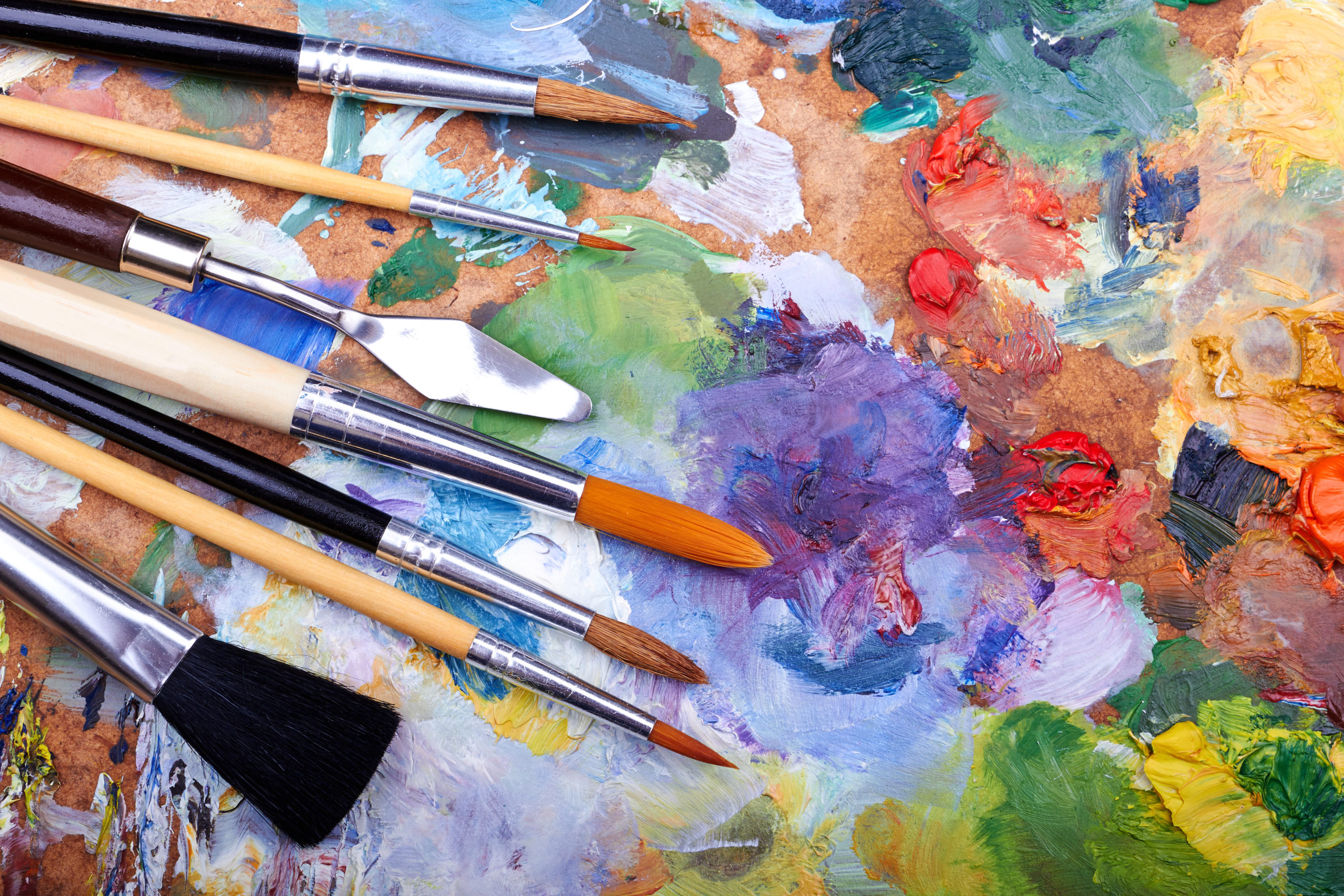Why Study Arts? An Education In Arts And Humanities

Every year, Arts is by far one of the most popular CAO option for Irish school leavers. Arts and Humanities may not have a dedicated career path, unlike law, medicine of computer science. But an Arts course can be an excellent choice for anyone who has an open mind about their future career.
The history of learning in the West
Classics, philosophy and theology are just some of the traditional disciplines of Arts and Humanities. They have been at the heart of Western civilisation for centuries. In ancient times, the Romans regarded these subjects as the ‘Liberal Arts’. By this they meant that these subjects are a system of intellectually liberating skills. What was true of the Arts in Ancient Rome is largely true today. Studying these disciplines provides excellent mental preparation for making your way in wider society. The Arts consists of subjects that teach you to think critically.
The importance of critical thinking
There are a lot of courses to choose from if you study Arts and Humanities! Initially, you may not see the slightest connection between them. However, there are interchangeable skills involved in the various disciplines. In Arts subject, students are do more than simply learn the facts and figures. They analyse and critically interpret what they learn. Whether you study literature or history, you will ask the following questions: Who wrote it? For what reason? Is there bias? What is the author’s background? In what context was the piece written?
Arts and Humanities courses teach you the skills to thoroughly research a topic and come to reasonable conclusions. They also teach you communication skills and how to defend your arguments. The subject material of most Arts and Humanities courses is undoubtedly fascinating stuff, and may well be of use in your later educational or professional career. However, a common aim is to teach you to critically evaluate, manage and use information.
Why employers value Art and Humanities graduates
When a company employs an Arts graduate, they do so because they need employees with critical thinking skills. After all, life has a habit of throwing problems at us that don’t fit neatly into pre-defined areas! In these situations, the skills of critical interpretation, information management, problem-solving and communication will assist you. The core skills gleaned through an Arts programme are useful across many careers. Arts graduates work in a variety of fields including; management, journalism, librarianship, civil service, local government and teaching.
Arts and Humanities courses in Ireland
Arts programmes in Ireland are available in various combinations. In general programmes, students pursue two, three, or four subjects, before dropping to two or sometimes one subject for the final year of the degree.
In the case of specific Arts programmes, students commit to one or two subjects from start to finish. The reason for taking this route is to guarantee a place on the topic at an early stage. However, many of these subjects are sometimes available to those taking the general route.
General programmes therefore, may be a better choice for many CAO applicants. They offer much greater flexibility. Some subjects such as History in Trinity, UCD, NUI Galway or NUI Maynooth and Classics in Trinity can be studied as a single-honours subject.
Another development is the growing number of Arts courses offered in conjunction with non-traditional subjects; for example, Law and Business in NUI Maynooth, Creative Writing and Human Rights in NUI Galway.


Leave a comment